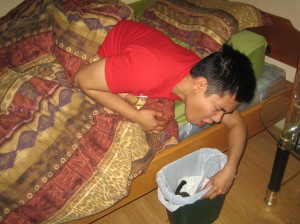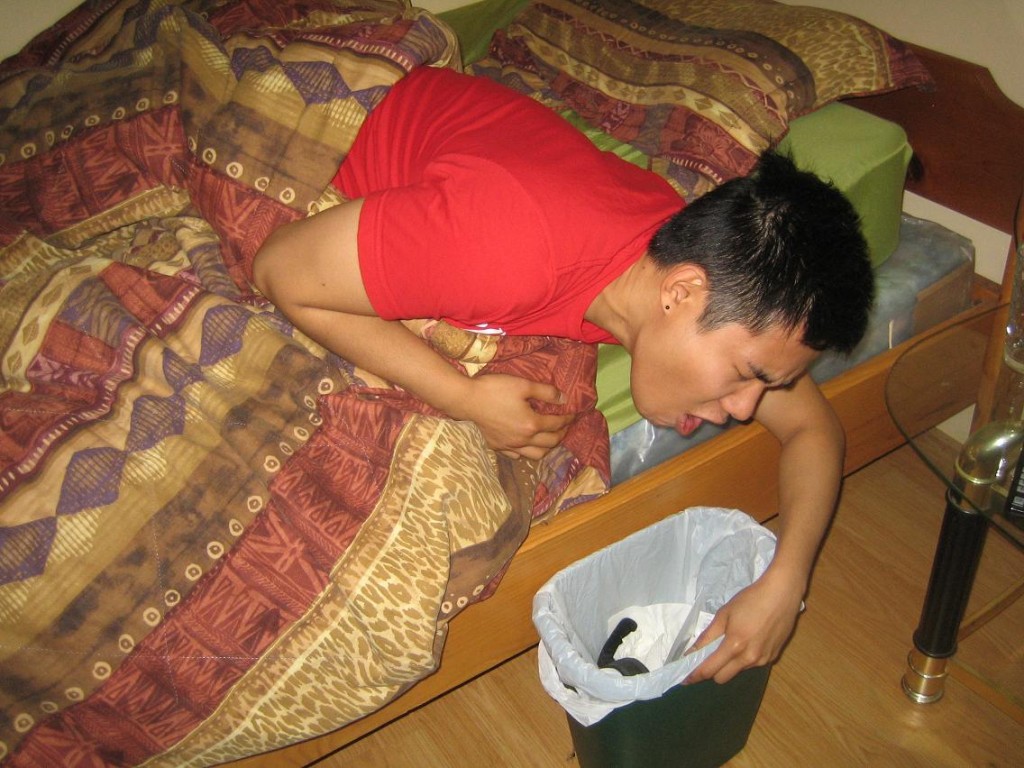Cholera is caused by ingestion of contaminated water or food. The risk is high when travelling to developing countries. Remember that this is a severe diarrheal disease brought about the bacteria Vibrio cholera. This bacterium is known to contaminate drinking water, uncooked seafood and other foods.
What are the indications?
The signs and symptoms typically start in a few hours up to 5 days after being infected such as abrupt onset of severe, watery diarrhea that is sometimes accompanied by vomiting.

In developing countries, approximately half of cases perish from dehydration and kidney failure if rehydration measures were not implemented promptly. An infection without any symptoms or only mild diarrhea can also occur especially among children.
How does cholera spread?
- Drinking contaminated water
- Eating contaminated food
- Consumption of undercooked or raw seafood from contaminated waters
Prevention
- Always observe good hygiene by washing hands using soap and running water for 10 seconds after using the toilet.
- For food handlers, avoid going to work until cholera is no longer detected in the stool.
- Avoid drinking water unless it is treated or bottled and do not use ice that might be made from untreated water.
- Avoid eating raw or undercooked seafood.
- Do not eat uncooked fruits and vegetables. If fruit is eaten, make sure that the peel is intact so that you can peel it.
- Only eat cooked foods that are served hot.
Management
Cholera can be managed with salts and fluids. An individual is usually managed using an oral rehydration solution that is taken in large amounts. In severe cases, intravenous fluid replacement is required.
Antibiotics are also given to shorten the course of cholera as well as minimize the severity. In cases where severe diarrhea and vomiting develops, it is vital to seek immediate medical attention.

